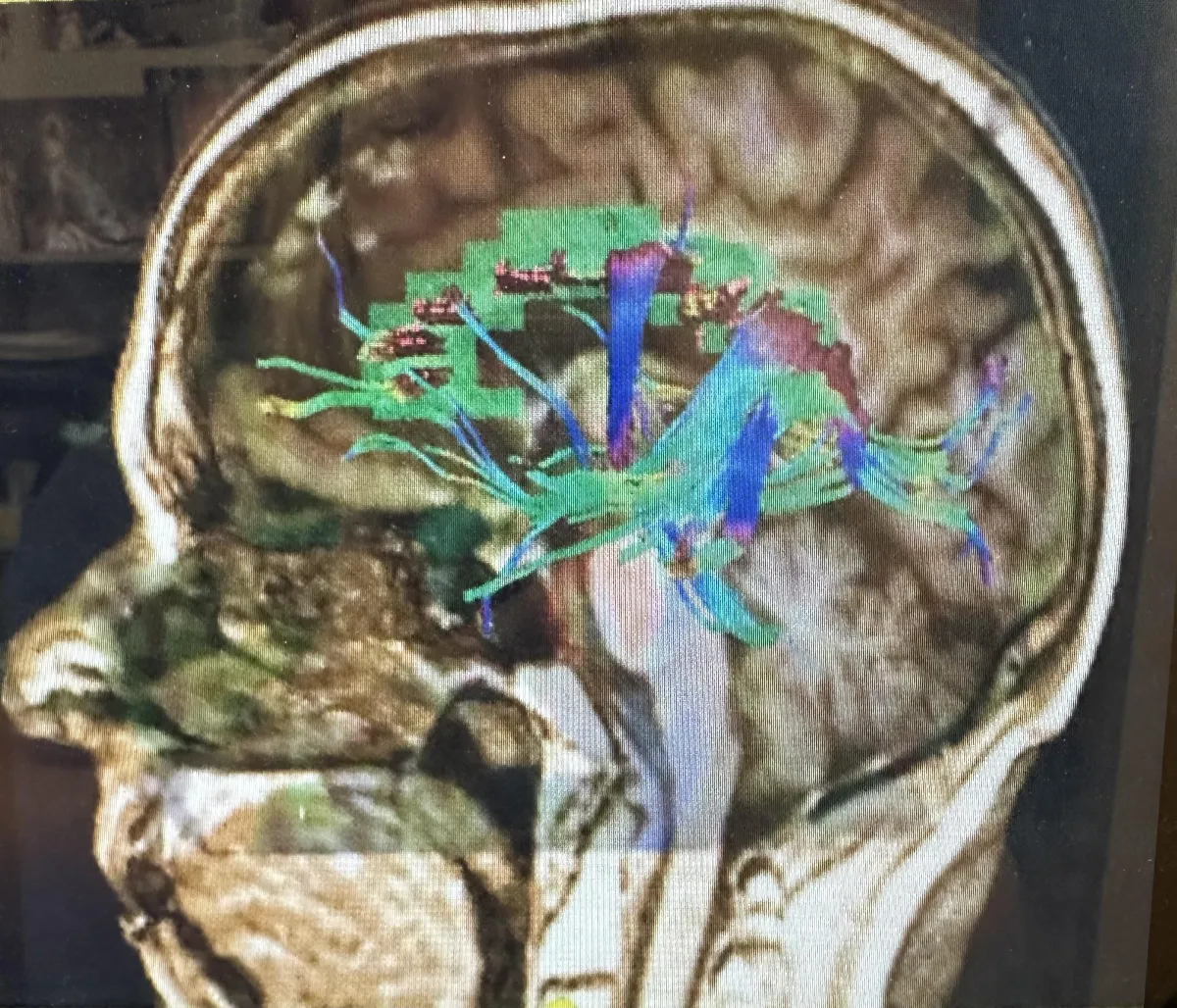
CTE: Chronic Traumatic Encephalopathy. Are you at risk ?
CTE: Chronic Traumatic Encephalopathy. Are you at risk ?
Chronic traumatic encephalopathy is an advanced state of brain injury that is
a consequence of multiple head injuries and is therefore common in
military veterans, first responders and professional athletes that play contact
sports. The term became familiar after the movie “Concussion” when the
fate of veteran football players was revealed. There has been a longstanding
misconception that a concussion is “just a brain bruise” and will heal in a
short period of time. Actually concussion is a very complex brain injury,
with complex neuropathology. Many times concussion injury does not
completely heal and therefore injury pathology accumulates over time. The
ability to walk, talk and eat and return to baseline functions does not signal
that a person has biologically, physiologically healed. An injured brain is
more seriously injured by a new injury than a never injured brain. An
injured brain that does not heal begins a neurodegenerative process.

How do we know when a brain is not healing ? Brain imaging with Brain
MRI - DTI – NQ without contrast is a powerful tool for evaluation. The
DTI application demonstrates non - healed shear injury (fiber tract
shortening) and NQ (Neuroquantitative measures) reveals areas of loss
of brain tissue (atrophy). It is critical to have specialized brain imaging !

Clinical presentation of brain injury that has not healed progresses
through a neurodegenerative process. Early signs of traumatic
encephalopathy may be visual difficulties, problems with attention /
concentration / memory, sleep disturbance, balance problems and dizzy
spells, emotional instability and depression. Neurodegenerative processes
may initially look like Alzheimer’s disease, Parkinson’s disease or ALS
(Amyotrophic lateral Sclerosis) or other brain injury conditions. Take
charge of your brain health ! Healing therapies are available.
Hyperbaric oxygen therapy is at the top of the list !
Carol L. Henricks, M.D.
Neurologist